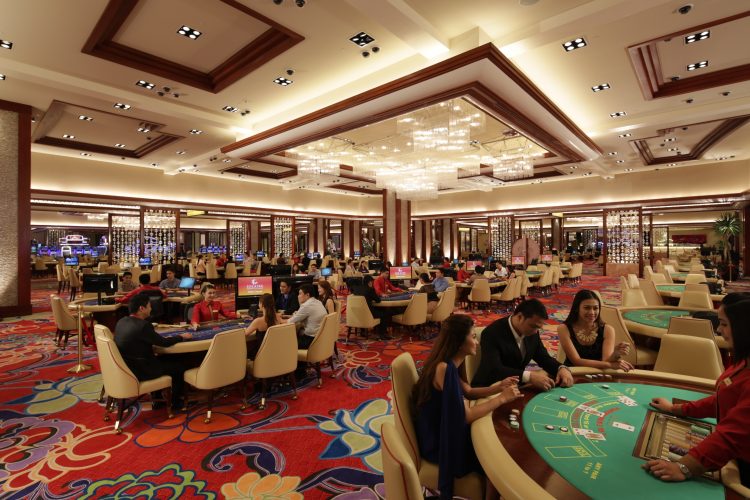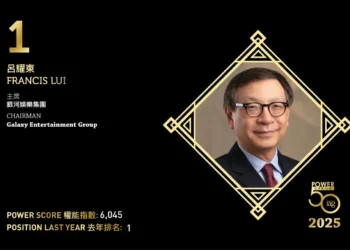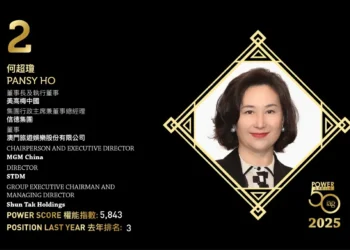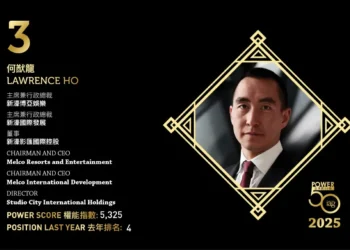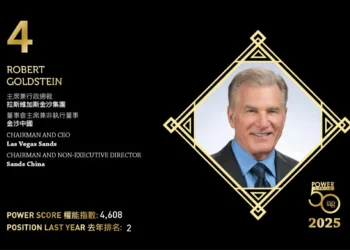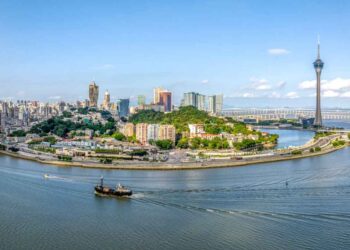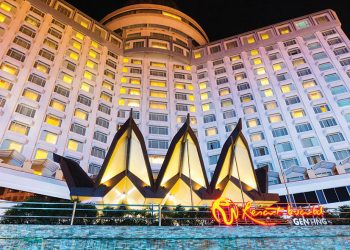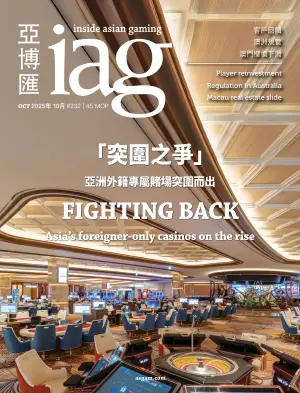By Ben Blaschke
The Philippines’ National Tax Research Center (NTRC) has called for the government to impose a casino qualifying fee of between Php500 and Php1,500 for entry to any of the country’s 54 casinos in order to deter gambling and raise funds for national projects.
In a new research paper published late last week, the NTRC rejected the need for Pagcor to collect a casino entrance fee but instead pointed to Executive Order 48, passed in 1993, which allows for the gaming regulator to collect a casino qualifying fee of “not less than Php100” from any player entering a casino.
As it stands, EO 48 is rarely enforced, particularly in the Philippines’ large integrated resorts such as Resorts World Manila, City of Dreams, Solaire and Okada Manila. However, the NTRC has called for the qualifying fee to be made compulsory for all players and increased to between Php500 and Php1,500 per person.
“Perhaps what can be done is to make the collection of qualifying fee compulsory for players in all casinos operating in the Philippines whether Pagcor-operated casinos or licensed casinos,” the report says. “The amount may also be increased since it has not been adjusted for more than two decades now. If indexed to inflation, the amount would be around PhP320 but may be rounded off to Php500 or to as high as Php1,500.”
The report cited the passing by Quezon City Council on 2 October 2017 of the Quezon City Responsible Gaming Ordinance which imposes a Php1,500 entrance fee on anyone entering a casino and Php500 on those entering an electronic bingo establishment.
It also makes reference to two bills filed in the House of Representatives proposing the imposition of a casino entrance fee, including House Bill 2062 filed by Representative Peter M Unabia which calls for a Php3,500 fee for locals and House Bill 5871 filed by Representative Rodolfo T Albano III which proposes a Php3,000 fee on all entrants.
In that regard, NTRC concludes that “the rates proposed by the bills may also be an option but said amounts may already be considered too high by casino players” and will “effectively restrict entrance to casinos of residents except for those who have extra money to spend.”
Instead, it suggests that a qualifying fee of between Php500 and Php1,500 would strike a better balance between discouraging “low-income earners” and raising more funds for national development initiatives.
“Based on the 5.56 million annual average number of local entrants of licensed casinos and Pagcor-operated table games and slot machines from 2014 to 2016, the mandatory imposition of the qualifying fee of Php100 in all casinos would generate Php556 million revenue for the government,” it said. “On the other hand, a qualifying fee of Php500 may discourage local people from entering casinos, particularly low-income earners, hence, the number of local entrants would be reduced. Assuming a 50% reduction in the number of entrants, the estimated revenue would be Php1.39 billion.
“Aligning it to Quezon City’s proposed rate at Php1,500 could greatly discourage local people from playing in the casino since even without gambling yet, they could already lose in a sense Php1,500. Assuming an 80% reduction in the number of local entrants, the revenue that would be generated would amount to Php1.67 billion.”
Explaining the reasons for its stance, NTRC said, “The government may take advantage of the country’s vibrant gaming industry to help raise needed revenue to finance its development projects such as its Build Build Build program as the country gears towards achieving the ‘Golden Age of Infrastructure.’
“The proposal to impose an entrance fee in casinos is no longer necessary since there is already a qualifying fee being collected by Pagcor since 1993. It is recommended that the same be strictly enforced in all casinos operating in the Philippines. Also, the existing rate of Php100 may be raised to Php500 to factor in the effect of inflation when the fee was first imposed in 1993. Higher rates of say Php1,500 can also be an option to discourage low-income earners from engaging in casino gambling.
“Notwithstanding its contribution to the country’s economic growth and potential to generate government revenue, gambling also has its attendant social costs which must be managed carefully. The collection of higher qualifying fee in all casinos could be a practical way to discourage those who do not have enough money to spend in casinos.”






